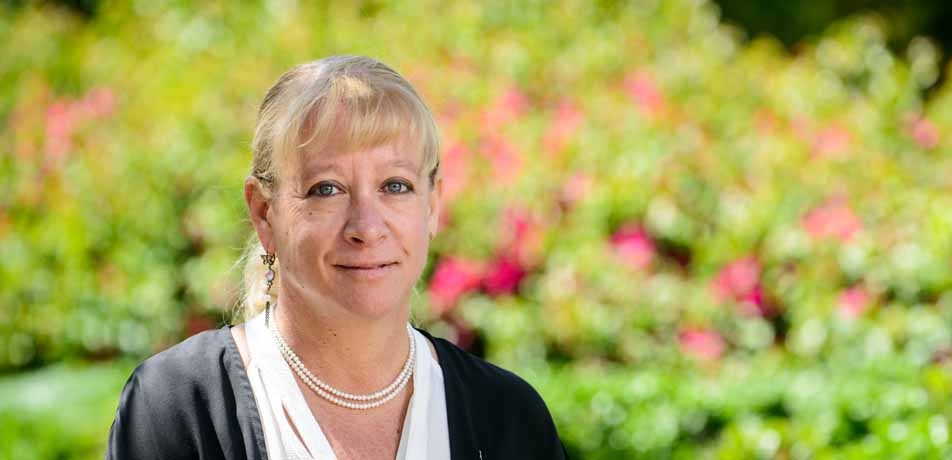An ode to science literacy: confronting COVID-19
Briefs

Dr. Liat Ben-David
Where did COVID-19 come from? Why is it dangerous? What does it do to our bodies? Who is most vulnerable? This is just a small sampling of the basic ‘wh’-questions that the Davidson Institute of Science Education has received by the thousands in recent months from anxious people in Israel and beyond. In search of informed answers around the coronavirus, people of all ages and across all sectors of society are aware that the most reliable answers will come from science. We’ve all had to become amateur epidemiologists as we navigate our lives, and have pinned our hopes and expectations on the scientific and medical community for a solution; it won’t come from anywhere else.
More than ever before—in comparison to pre-pandemic times—grappling with this disease has proven the relevance of science to everyday life. It is clearer than ever that a baseline in scientific knowledge is essential for us, as individuals and societies, to make informed, responsible, health-promoting, and even life-saving decisions. Informed citizens will make sure to hold their governments and politicians to high standards and ensure that they make health a first priority.
But there’s an added challenge: In an era of ubiquitous information available for all, it’s easy to get lost in the weeds. We must know enough to be able to separate truth from fiction and advocate for ourselves, our families, and our communities. The answer lies in science education. This is precisely the agenda of the Davidson Institute: engaging students, teachers, families, and the general public in science, through educational programming and the dissemination of reliable scientific information. Our mission is for all segments of society to have access to the latest knowledge. We also hope that they develop a lifelong love for science.
When the coronavirus hit, the Davidson Institute was well positioned to offer learning solutions. With expertise in remote learning, we transformed most of our face-to-face activities into the digital arena, and developed new, exciting science activities as school children found themselves stuck at home. We launched ‘Stuck at Home’, a website with an endless array of scientific educational activities in four languages. The response was overwhelming. We quickly had more than 250,000 unique visitors per day. Educators who previously relied on online learning tools as curriculum-enhancers now rely on them as an integral part of instruction and learning, and the Davidson Institute has become a go-to source.
When relief is found in a solution (or solutions) for the coronavirus, I hope and believe the silver lining will be a deeper appreciation for science and for science education.








